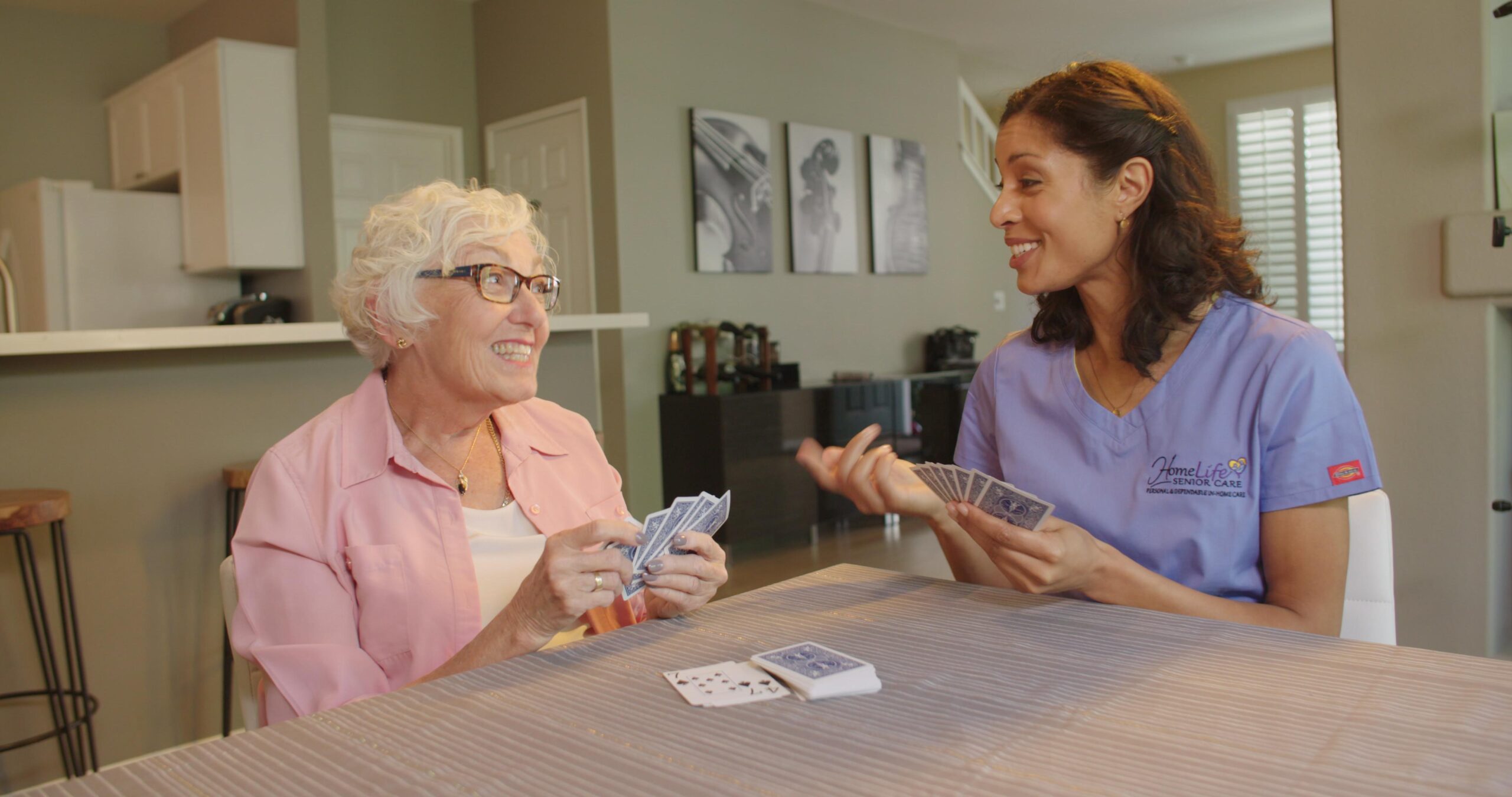Senior caregivers assist seniors with what is referred to us “ADL’s, meaning Activities of Daily Living. Learning how to help a senior with ADL’s is the first caregiving skill in order to properly provide care. However, there are many additional skills needed depending on the senior’s care needs and care environment. In order to properly be sure caregivers are trained to meet the senior’s care needs, the federal and state governments have stepped in to regulate the industry.
Certified Nursing Aide (C.N.A.), also called Certified Nursing Assistant: this is a federal certification requirement for ALL nursing assistants working in nursing homes, assisted living communities, hospitals and hospice care. The C.N.A. process is governed by a federal law which requires each state to approve schools to give the C.N.A. training course and to manage the certification exam process. A minimum of 75 hours of training are required along with in-the-field clinical training. Individual states may require more training. The number of hours of training for nursing assistant certification can be from 75 hours to 180 hours, with just 13 states only requiring 75 hours of training. All L.P.N.’s and R.N.’s become trained as C.N.A.’s first as they progress through their education. Find C.N.A. training programs in your state to become a C.N.A. and you may begin learning skills by applying as a professional caregiver where a senior care company will provide you with training.
Certified Home Health Aides (C.H.H.A.’s): this designation is used in the state of New Jersey to identify the specific job duties required for caregivers working in the home. As caregivers must supervise their duties each day and interact with other family members and are individually performing work in a home, it is important that these caregivers are trained in documenting care plan notes. New Jersey provides specific training requirements for professional caregivers working in the home and calls them C.H.H.A.’s.







